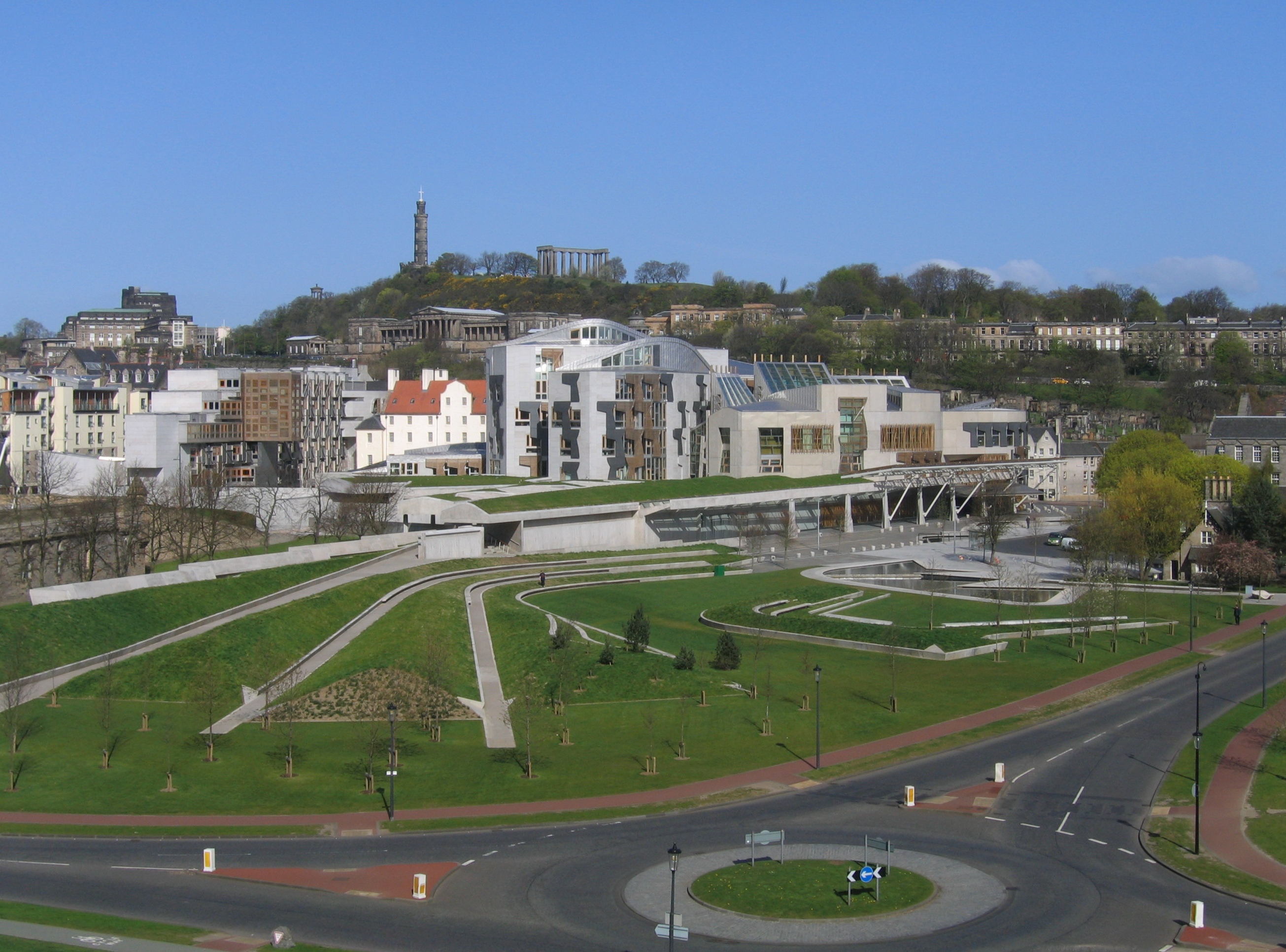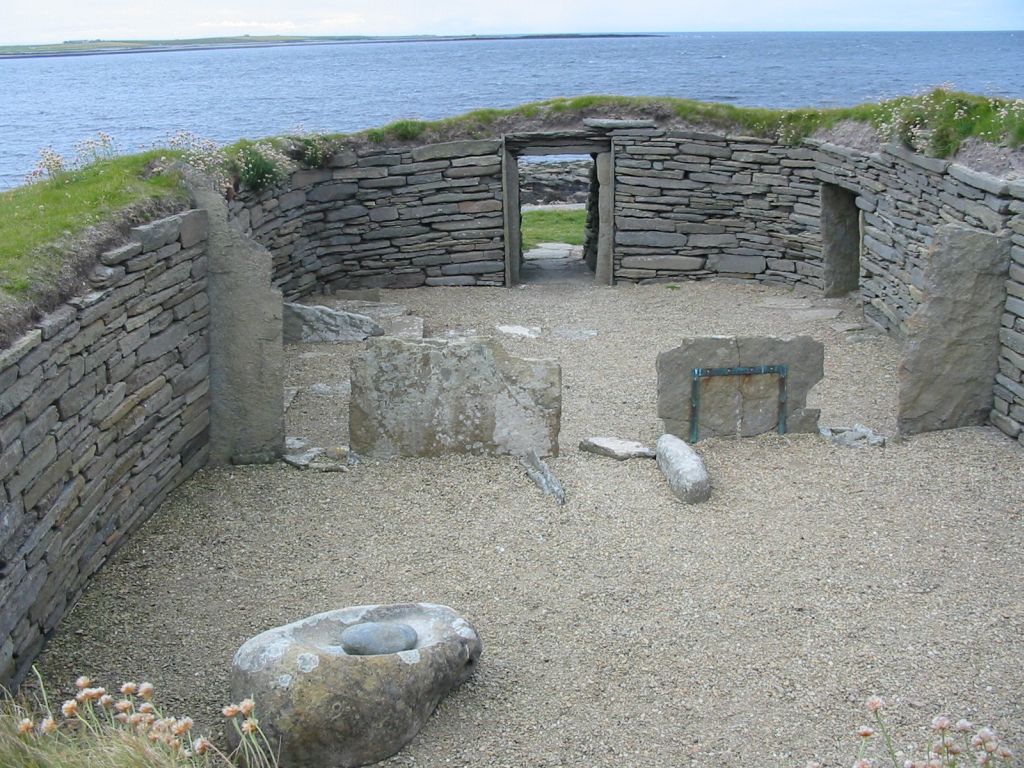|
Buttock Mail
Buttock mail or buttock hire was the colloquial term for a Scottish Poor Law tax which was introduced in 1595. Enforced by the ecclesiastical courts who had responsibility for the moral behaviour of the laity, buttock mail was levied as a fine for sexual intercourse out of wedlock. Etymology In the 17th century, and perhaps earlier when the law that became known as buttock mail was passed, buttock was a colloquial term for a prostitute. The term mail is an old Scots word meaning a monetary tribute or payment (a loanword from Scottish Gaelic ''màl''), from the same root as the word blackmail. Thus, the term buttock mail literally means a monetary payment related to prostitution, referring to its being a fine for fornication, or sex outside of marriage. History Ecclesiastical courts had existed since the Norman invasion. While secular courts were tasked with enforcing secular laws, the responsibility of the ecclesiastical courts was to enforce religious and moral laws. This incl ... [...More Info...] [...Related Items...] OR: [Wikipedia] [Google] [Baidu] |
Colloquial
Colloquialism (also called ''colloquial language'', ''colloquial speech'', ''everyday language'', or ''general parlance'') is the linguistic style used for casual and informal communication. It is the most common form of speech in conversation among persons in friendship, Family, familial, Intimate relationship, intimate, and other informal context (language use), contexts. Colloquialism is characterized by the usage of Literal and figurative language, figurative language, Contraction (grammar)#English, contractions, Filler (linguistics), filler words, Interjection, interjections, and other informalities such as slang. In contrast to wikt:formal, formal and Workplace communication, professional communications, colloquial speech does not adhere to grammar and syntax rules and thus may be considered inappropriate and impolite in situations and settings where etiquette is expected or required. It has a rapidly changing lexicon and can also be distinguished by its usage of formulations ... [...More Info...] [...Related Items...] OR: [Wikipedia] [Google] [Baidu] |
Taxation In Scotland
Taxation in Scotland today involves payments that are required to be made to three different levels of government: to the UK government, to the Scottish Government and to local government. Currently 32.4% of taxation collected in Scotland is in the form of taxes under the control of the Scottish parliament and 67.6% of all taxation collected in Scotland is reserved to the UK Parliament. History Until the 17th century, taxation was regarded as 'an extraordinary source of revenue that was levied for a specific purpose such as the defence of the realm'. However, during the 17th century, Parliament permitted a Land Tax to be collected from 1667, a Hearth tax from 1691 to 1695 and a Poll tax from 1693 to 1699. The 1707 Union of the Kingdom of Scotland with the Kingdom of England formed a new Kingdom of Great Britain, so that responsibility for taxation in Scotland became a matter for the Westminster Parliament, now the legislature for the new state. Devolution of tax powers The ... [...More Info...] [...Related Items...] OR: [Wikipedia] [Google] [Baidu] |
Legal History Of Scotland
The history of Scots law traces the development of Scots law from its early beginnings as a number of different custom systems among Scotland's early cultures to its modern role as one of the three legal jurisdictions of the United Kingdom. The various historic sources of Scots law, including custom, feudal law, canon law, Roman law and English law have created a hybrid or mixed legal system, which shares elements with English law and Northern Irish law but also has its own unique legal institutions and sources. Origins The nature of Scots law before the 12th century is largely speculative but most likely was a folk-right system applying a specific customary legal tradition to a certain culture inhabiting a certain corresponding area at the time, e.g. Brehon law for the Gaels (Scoti and men of Galloway and Ayrshire), Welsh law for lowland Britons of Yr Hen Ogledd, Udal law for the Norse of Caithness and the islands, and Anglo-Saxon law in Lothian and Borders. The earliest ... [...More Info...] [...Related Items...] OR: [Wikipedia] [Google] [Baidu] |
Ecclesiastical Courts
In organized Christianity, an ecclesiastical court, also called court Christian or court spiritual, is any of certain non-adversarial courts conducted by church-approved officials having jurisdiction mainly in spiritual or religious matters. Historically, they interpret or apply canon law. One of its primary bases was the of Justinian, which is also considered the source of the civil law legal tradition. In the United Kingdom, secular courts that took over the functions of the ecclesiastic courts, e.g. in family law, are still known as ''courts ecclesiastical'' as distinct from ''courts temporal''. Medieval courts In the Middle Ages, ecclesiastical courts had much wider powers in many areas of Europe than they did after the development of nation states. They held jurisdiction over not only religious matters, but also family law, equitable relief, probate, and cases involving priests, religious communities, or public heretics. Secular courts in medieval times were numerous and d ... [...More Info...] [...Related Items...] OR: [Wikipedia] [Google] [Baidu] |
Prostitution In Scotland
Prostitution in Scotland has been similar to that in England under the State of Union, but since devolution, the new Scottish Parliament has pursued its own policies. In Scotland, prostitution itself (the exchange of sexual services for money) is legal, but associated activities (such as public solicitation, operating a brothel, or other forms of pimping) are criminal offences. Tolerance In 1982, the Civic Government (Scotland) Act 1982 came into force. This prohibited soliciting, but also gave local councils the power to license places of entertainment. Edinburgh Council issued licenses to massage parlours and saunas, effectively allowing brothels. The council came under pressure not to renew the licences in 2012, but subsequently did renew them. In 1985, Lothian and Borders Police negotiated with Edinburgh's prostitutes to form a tolerance zone in Leith's Coburg Street area. In return for the police "turning a blind eye", the prostitutes would stay within this area. G ... [...More Info...] [...Related Items...] OR: [Wikipedia] [Google] [Baidu] |
Scots Law
Scots law () is the List of country legal systems, legal system of Scotland. It is a hybrid or mixed legal system containing Civil law (legal system), civil law and common law elements, that traces its roots to a number of different historical sources. Together with English law and Northern Irish law, it is one of the three legal systems of the United Kingdom.Stair, General Legal Concepts (Reissue), para. 4 (Online) Retrieved 2011-11-29 Scots law recognises four sources of law: legislation, legal precedent, specific academic writings, and custom. Legislation affecting Scotland and Scots law is passed by the Scottish Parliament on all areas of devolved responsibility, and the United Kingdom Parliament on reserved matters. Some legislation passed by the pre-1707 Parliament of Scotland is still also valid. History of Scots law, Early Scots law before the 12th century consisted of the different legal traditions of the various cultural groups who inhabited the country at the time ... [...More Info...] [...Related Items...] OR: [Wikipedia] [Google] [Baidu] |
Social History Of Scotland
Scottish society is the group behaviour of Scots, how they organise themselves and make decisions. The social history of Scotland is a major field within the academic study of Scottish history. Scottish society is based on Western society, and has made key contributions to the spread of Western culture throughout the world. It has been developing for many centuries, since Scotland started to emerge as a country in the Origins of the Kingdom of Alba, Early Middle Ages. Scots share many social and cultural characteristics, for example Scottish English, dialect, music of Scotland, music, Scottish art, arts, social habits, cuisine of Scotland, cuisine and folklore of Scotland, folklore. Scotland is an ethnically and racially Multiculturalism, diverse country as result of large-scale immigration from many different countries throughout its history. Scottish society in the Middle Ages From the departure of the Scotland during the Roman Empire, Romans from Britain in the fifth centu ... [...More Info...] [...Related Items...] OR: [Wikipedia] [Google] [Baidu] |
19th Century In Scotland
The recorded history of Scotland begins with the Scotland during the Roman Empire, arrival of the Roman Empire in the 1st century, when the Roman province, province of Roman Britain, Britannia reached as far north as the Antonine Wall. North of this was Caledonia, inhabited by the ''Picti'', whose uprisings forced Rome's legions back to Hadrian's Wall. As Rome finally Roman withdrawal from Britain, withdrew from Britain, a Gaels, Gaelic tribe from Ireland called the ''Scoti'' began colonising Western Scotland and Wales. Before Roman times, prehistoric Scotland entered the Neolithic Era about 4000 BC, the Bronze Age about 2000 BC, and the Iron Age around 700 BC. The Gaelic kingdom of Dál Riata was founded on the west coast of Scotland in the Scotland in the Early Middle Ages, 6th century. In the following century, History of Christianity in Ireland, Irish missionaries introduced the previously Pictish religion, pagan Picts to Celtic Christianity. Following S ... [...More Info...] [...Related Items...] OR: [Wikipedia] [Google] [Baidu] |
17th Century In Scotland
17 (seventeen) is the natural number following 16 and preceding 18. It is a prime number. 17 was described at MIT as "the least random number", according to the Jargon File. This is supposedly because, in a study where respondents were asked to choose a random number from 1 to 20, 17 was the most common choice. This study has been repeated a number of times. Mathematics 17 is a Leyland number and Leyland prime, using 2 & 3 (23 + 32) and using 4 and 5, using 3 & 4 (34 - 43). 17 is a Fermat prime. 17 is one of six lucky numbers of Euler. Since seventeen is a Fermat prime, regular heptadecagons can be constructed with a compass and unmarked ruler. This was proven by Carl Friedrich Gauss and ultimately led him to choose mathematics over philology for his studies. The minimum possible number of givens for a sudoku puzzle with a unique solution is 17. Geometric properties Two-dimensions *There are seventeen crystallographic space groups in two dimensions. These are som ... [...More Info...] [...Related Items...] OR: [Wikipedia] [Google] [Baidu] |
16th Century In Scotland
16 (sixteen) is the natural number following 15 and preceding 17. It is the fourth power of two. In English speech, the numbers 16 and 60 are sometimes confused, as they sound similar. Mathematics 16 is the ninth composite number, and a square number: 42 = 4 × 4 (the first non-unitary fourth-power prime of the form ''p''4). It is the smallest number with exactly five divisors, its proper divisors being , , and . Sixteen is the only integer that equals ''m''''n'' and ''n''''m'', for some unequal integers ''m'' and ''n'' (m=4, n=2, or vice versa). It has this property because 2^=2\times 2. It is also equal to 32 (see tetration). The aliquot sum of 16 is 15, within an aliquot sequence of four composite members (16, 15, 9, 4, 3, 1, 0) that belong to the prime 3-aliquot tree. *Sixteen is the largest known integer , for which 2^n+1 is prime. *It is the first Erdős–Woods number. *There are 16 partially ordered sets with four unlabeled elements. 16 is the only num ... [...More Info...] [...Related Items...] OR: [Wikipedia] [Google] [Baidu] |



